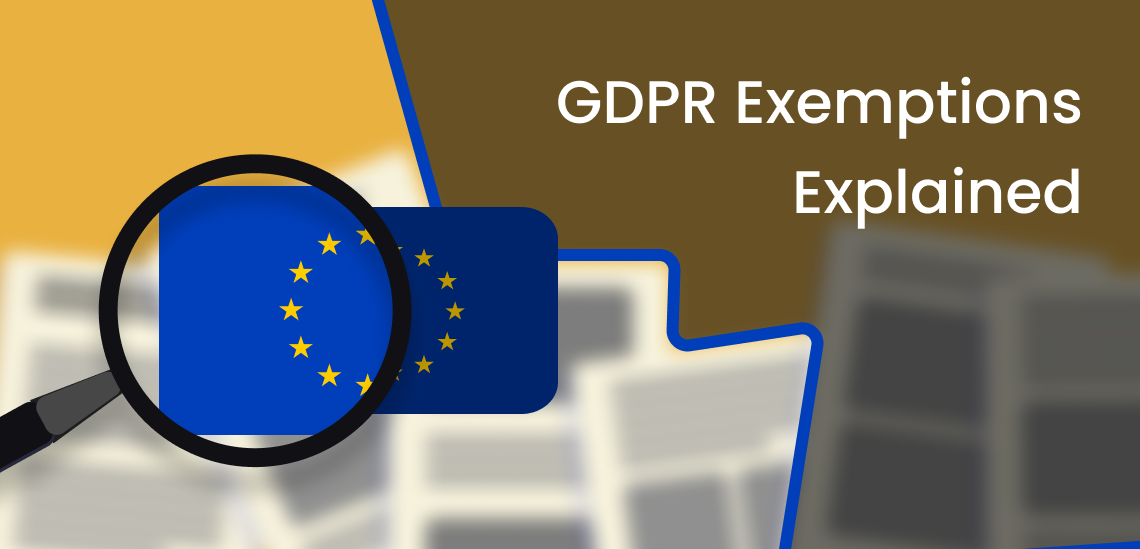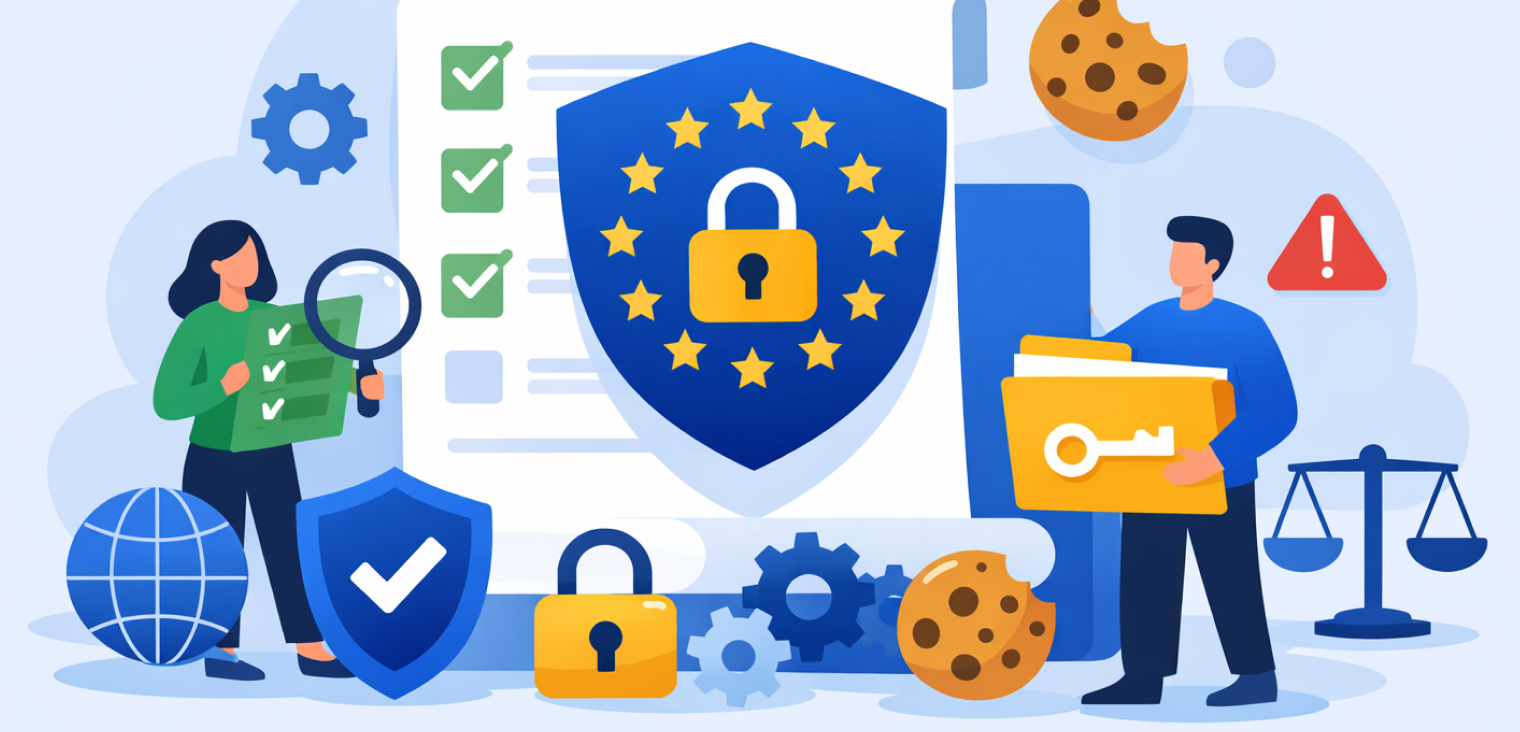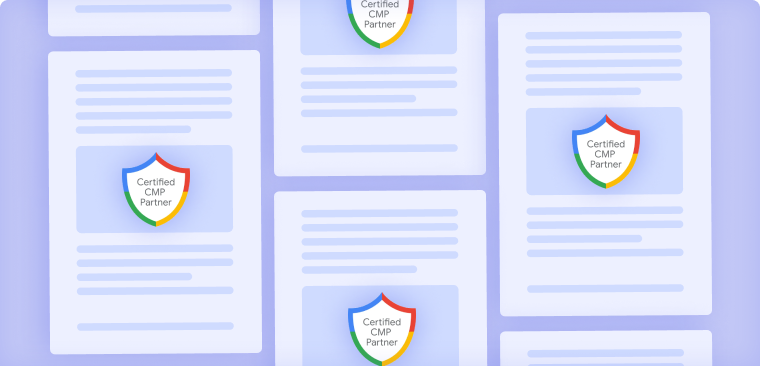A Beginner’s Overview of International Privacy Laws
October 27, 2025
•
5 min read
Table of contents
back
to the top
A Beginner's Overview of International Privacy Laws
In a digitally connected world, privacy is no longer just a courtesy, it's a legal obligation. As users become more aware of how their data is being collected, stored, and shared, governments around the world have responded with legislation to protect personal information.
This article offers a quick overview of the key data privacy laws across major regions, how they differ, and what businesses need to know to stay compliant globally.
What Are Data Privacy Laws?
Data privacy laws are legal frameworks designed to govern how organizations collect, use, and share personal data. These laws typically give individuals rights over their personal information and impose obligations on organizations to process data transparently and responsibly.
They vary by country and region, but most laws share common elements:
-
Consent and transparency requirements
-
User rights (access, deletion, correction)
-
Data breach notification rules
-
Purpose limitation and data minimization
-
Penalties for non-compliance
Key Data Privacy Laws by Region
🇪🇺 European Union - GDPR
The General Data Protection Regulation (GDPR) is considered the gold standard in data privacy. It applies to any business that processes the data of EU citizens, regardless of location.
Key Features:
-
Requires explicit consent before processing personal data
-
Grants rights like data access, portability, and the right to be > forgotten
-
Imposes steep fines (up to €20M or 4% of global revenue)
🇬🇧 United Kingdom - UK GDPR
Post-Brexit, the UK adopted its own version of GDPR. While largely similar to the EU version, it's regulated by the Information Commissioner's Office (ICO).
🇺🇸 United States - Sector-Based Approach
There is no single federal privacy law in the U.S., but there are state-level laws like:
-
CCPA/CPRA (California)
-
VCDPA (Virginia)
-
CPA (Colorado)
Federal laws like HIPAA (healthcare) and COPPA (children's data) also apply.
🇨🇦 Canada - PIPEDA
The Personal Information Protection and Electronic Documents Act (PIPEDA) applies to private-sector organizations across most provinces.
🇧🇷 Brazil - LGPD
Brazil's Lei Geral de Proteção de Dados (LGPD) closely mirrors GDPR and applies to any company processing data from Brazilian citizens.
🇦🇺 Australia - Privacy Act
The Privacy Act 1988 governs how personal data is handled by government agencies and private organizations with an annual turnover of over AUD 3 million.
Other Notable Laws
-
South Africa: POPIA
-
India: Digital Personal Data Protection Act (DPDPA, 2023)
-
China: Personal Information Protection Law (PIPL)
-
Japan: Act on the Protection of Personal Information (APPI)
Why Global Compliance Matters
If your website, product, or service is accessible internationally, chances are you're collecting data from users in multiple regions. That means you may be subject to multiple regulations at once.
For example: A SaaS company in the U.S. collecting data from EU and Brazilian users needs to comply with both GDPR and LGPD.
How a CMP Helps Simplify Compliance
A Consent Management Platform (CMP) helps businesses navigate the complexity of international data privacy regulations by centralizing how user consent is collected, stored, and managed.
Here's how a good CMP supports global compliance:
-
Geo-targeted consent banners that adapt based on user location
-
Granular consent options aligned with region-specific laws (like > GDPR, LGPD, or CCPA)
-
Audit-ready consent logs to demonstrate compliance if regulators > ask
-
Multi-language support to ensure accessibility across user bases
-
Automatic cookie blocking until valid consent is given
By using a CMP, organizations can ensure they're not only legally compliant but also building transparency and trust with their users, no matter where they're located.
Final Takeaway
Navigating data privacy laws around the world can be complex---but it's critical to user trust and legal compliance. With regulations evolving quickly and enforcement increasing, businesses should:
-
Stay informed on regional laws
-
Implement a flexible compliance strategy
-
Use a trusted CMP to manage consent across borders
In today's global economy, compliance isn't optional, it's foundational.
Sources
European Commission - GDPR Overview
https://commission.europa.eu/law/law-topic/data-protection/data-protection-eu_en
UK ICO -- UK GDPR Guidance
https://ico.org.uk/for-organisations/uk-gdpr-guidance-and-resources/
Brazil ANPD -- LGPD - https://www.gov.br/anpd
Canada - PIPEDA https://www.priv.gc.ca/en/privacy-topics/privacy-laws-in-canada/the-personal-information-protection-and-electronic-documents-act-pipeda/
Global Data Privacy Laws - DLA Piper Map- https://www.dlapiperdataprotection.com/
Explore further

GDPR Exemptions Explained: When You Don’t Need to Comply
Learn seven GDPR exemptions — when the law doesn't apply or is limited, with practical examples to help businesses spot compliance gaps and avoid unnecessary costs.
August 17, 2025
3 min

How to Prove Consent in a GDPR Audit: Logs, Metadata & Best Practices
How to prove consent in a GDPR audit: required logs, timestamps, user IDs, consent context & withdrawals — plus CMP best practices for audit-ready, exportable records.
October 28, 2025
4 min

What Your Blog's Privacy Policy MUST Say Under GDPR
Even personal blogs aren’t exempt from GDPR. This guide breaks down the essential sections every compliant privacy policy must include.
February 06, 2026
3 min



